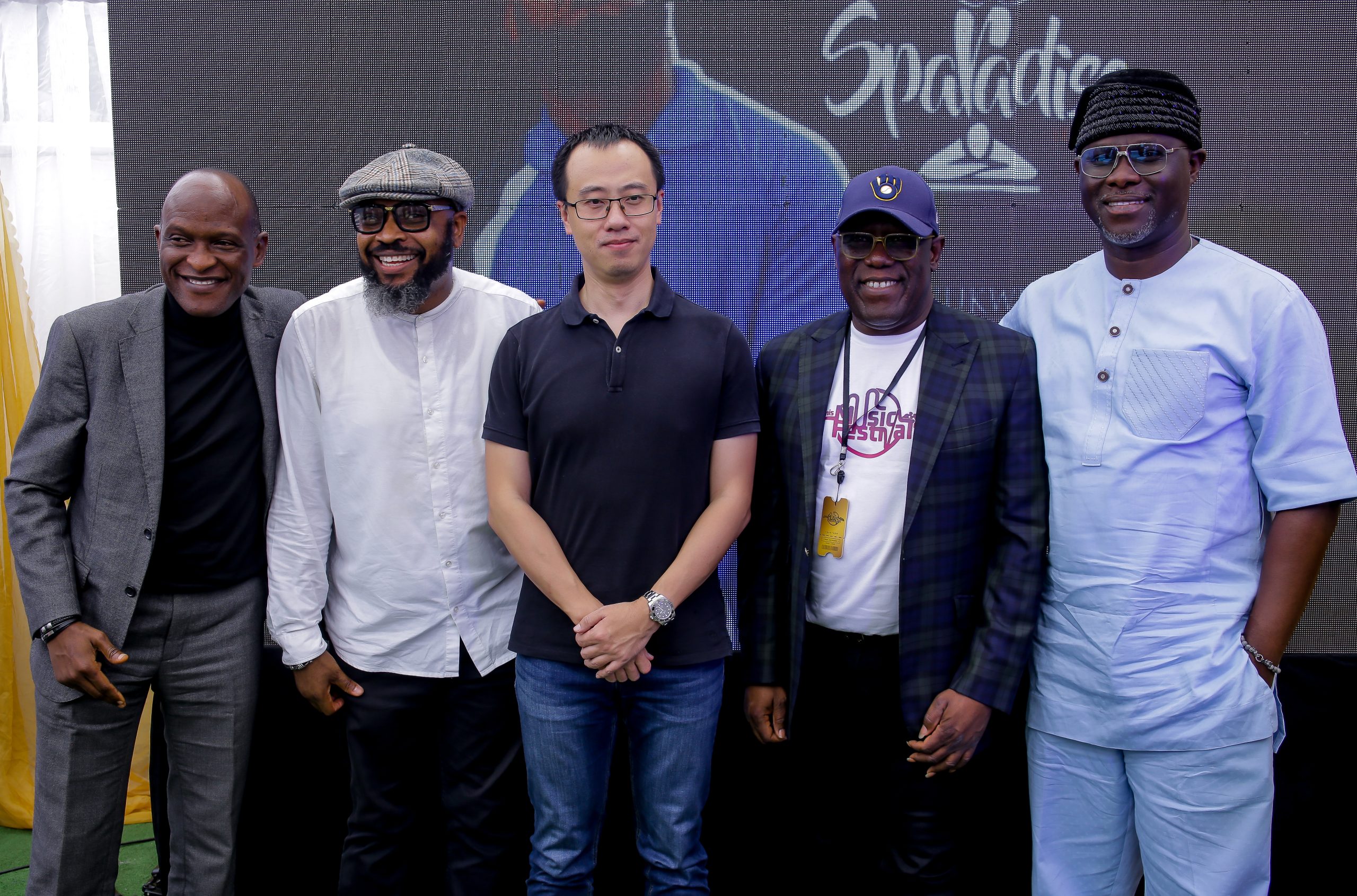Kunle Afolayan is a leading filmmaker who has produced timeless movies and positioned the movie industry globally; Afolayan doubles as the CEO of Kunle Afolayan Production (KAP), cinema, film and television academy, Afefeyeye restaurant and bar amongst others. In this interview with OMONIYI ALLI, he spoke about why he is a different filmmaker from others.
Q: What’s your understanding of the Nigerian film industry?
A: My understanding and experience of the Nigerian film industry didn’t start 10 or 20 years ago. It started about 40 years ago because my father was a filmmaker and I was opportune to watch and witness how films were made in those days, coupled with the fact that we all grew up on Indian films and Chinese films.
When television started, we had very few channels and started broadcasting at about four pm and everyone was always looking forward to watching Indian and Chinese films. But when it came to motion pictures, we used to have a lot of cinemas around. And Nigerians would go all out to watch indigenous films at the cinemas.

Q: Why does your film seem different from other filmmakers?
A: I decided to adopt what was obtainable then and now to create a kind of balance.
Q: How would you describe what makes your films different?
A: To start with, I tell stories that people can relate to. I tell stories that an average movie lover regardless of where they are from would understand. Primarily, I always consider Nigerians and Africans as my first audience.
Secondly, production value is what I will never compromise because that’s what gets your films to the big screens and not just beyond the shores of Nigeria but the Nigerians and Africans in the diaspora. If the production value is there and the quality is good, then it would be open to exploration of different parts of the world.
Read Also: Transport stakeholders urge strengthening taskforce on road decongestion
Q: When and how did your career in acting and directing begin?
A: I started as an actor in 1998 when I featured in Tunde Kelani’s film titled Saworo Ide. After that, I did a few films here and there but because I was working in a bank at that time, I couldn’t really get to feature in a lot of films. In 2004, I resigned my appointment at the bank, I went to New York Film Academy where I did a diploma, came back to Nigeria and set up this company in 2005.
I did my first feature film in 2006 titled Irapada meaning redemption. The film enjoyed a bit of exposure here and there. It premiered at the Pan African film festival in Los Angeles, United States of America. It screened at women of colour in Atlanta, US and went to a few other places.
Q: You said you make movies others can be able to relate to, but can you say that about other movies emanating from Nigeria?
A: Well, some yes, some no. But there are quite a number of stories that are primarily targeted at Nigerians specifically in different genres. Some of them are comedies, and these are comedies that only Nigerians would find funny. Even in my own films, there are some scenes in which people here laugh when they see it but outside the shores of Nigeria, they have different perceptions about those same scenes. So, it is important to know your core audiences.
Q: How in your opinion has the movie industry contributed to the promotion of tourism in Lagos for instance?
A: Generally, I believe, movie production contributes to the development of tourism and revenue generation in any society. This is because when a movie is done, it engages a lot of hands; there is a lot of financial and cultural exchange. Specifically, Lagos is peculiar in that aspect. The Nigerian film industry pretty much started here. If you ask me, I’d say just as Los Angeles contributes immensely to the GDP of the United States as a whole, Lagos serves that purpose for Nigeria.
Q: Nigerian films recycle the same characters that are often known for just particular kinds of roles. Why the stereotype?
A: It’s the same in Hollywood. Bruce Willis is always playing the bad guy, Denzel Washington is always playing the cool guy, and these guys have been there for more than two decades doing the same thing. But maybe in their own case, they do one or two films in a year, while in Nigeria, those actors do maybe 50 films (giggling) in one year. A talent is a talent. We can’t change that.
If the talent still has the relevance to still be in the industry, they would be there. There are so many aspiring actors with less training but who believe that they have all the talents in the world. But for me, in doing my findings, I realized that most of them lack discipline and discipline is key in the profession. I think it’s the same trend everywhere. Even in India’s film industry.
Q: What do you watch out for in scripts?
A: It must have cultural and entertainment value as well as a universal theme.
Q: How long did it take you to conceptualize the Kunle Afolayan Production hub?
A: I really can’t put time into it, but we have been on these premises and we put up another building beside it, which we started using in 2019. It took us another year to complete the others and here we are.






